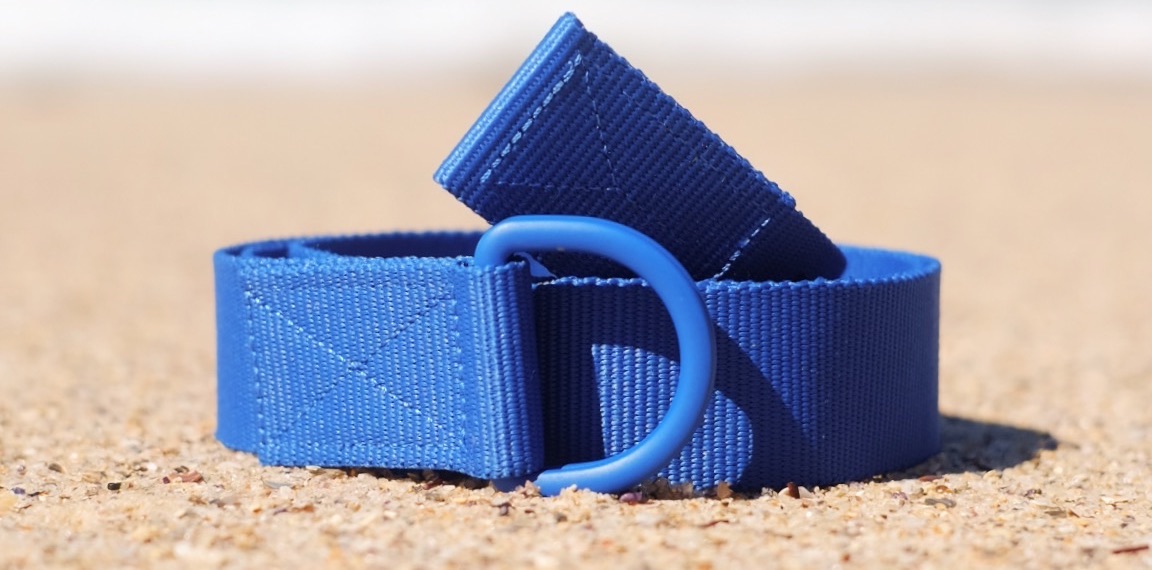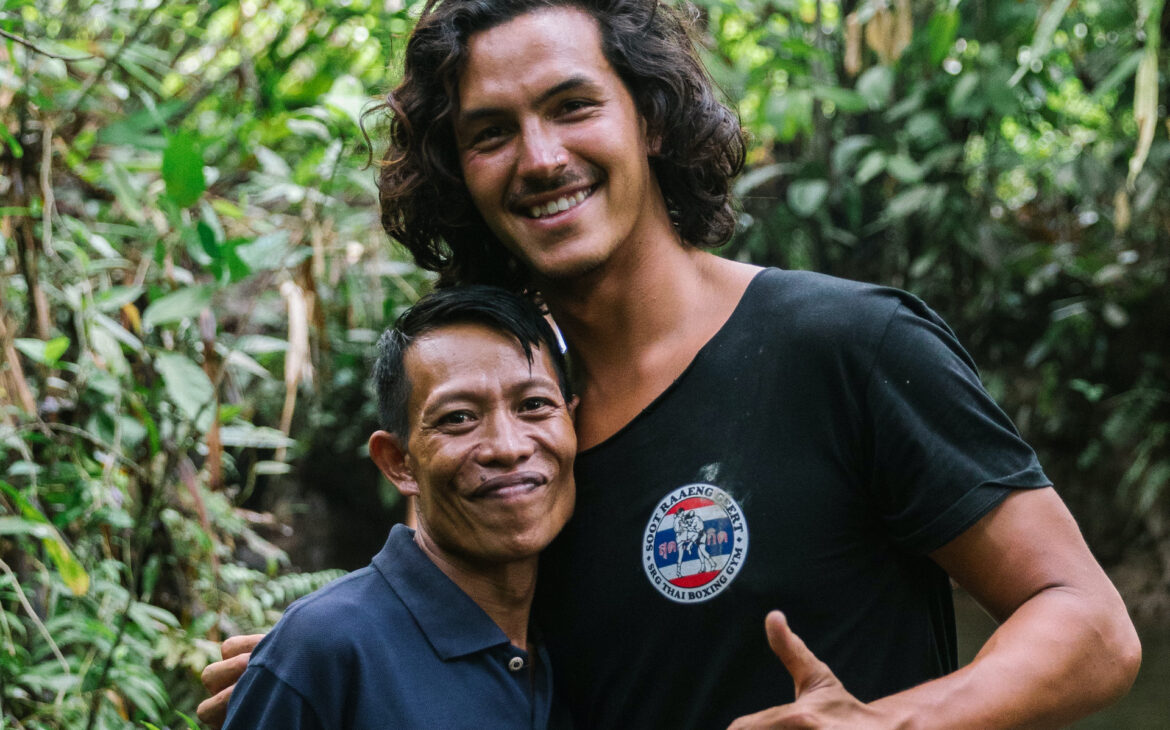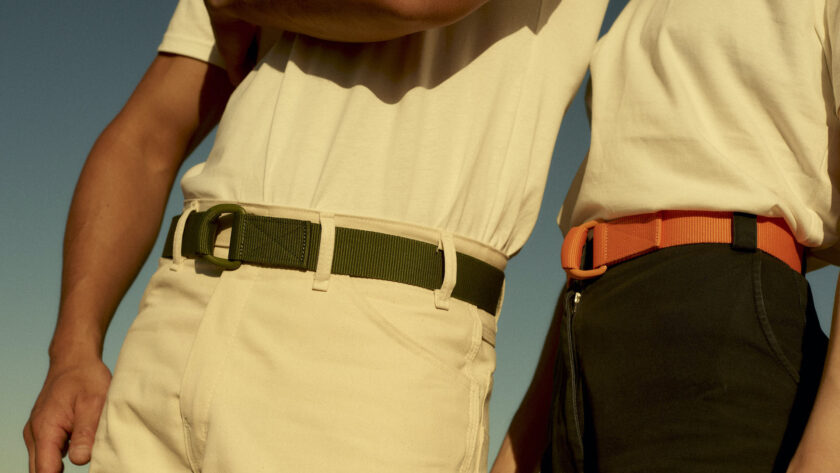A collaboration between environmental managers, recycling engineers and ‘action takers’ who work to put an end to ocean plastic pollution has created a venture to repurpose waste into fashion accessories.
For Purpose Recycling (FPR) was created to stop ocean plastic pollution while creating income opportunities for the communities that collect it. Its first product: a sustainably designed unisex belt made out of certified recycled plastic. Each one sold prevents 10kg of waste plastic from entering the oceans.
“It wasn’t my long term aim to create a belt brand, instead it was to solve the problem of ocean plastic and access to basic waste services,” says Erik Sumarkho, founder and director of FPR.
“Building waste collection is key to stopping ocean plastic,” says Sumarkho. “We build and support cost-effective waste collection points in coastal communities in Indonesia that do not have access to basic waste services. This offers members of these communities an opportunity to sell their plastic waste and profit from the initiative.”
The unisex belts were designed by Sydney sustainable industrial-design agency Vert Design, which created the prototype. It comes in four colours – blue, orange, black, and green – and is made from 100-per-cent Global Recycle Standard-certified recycled polyester strap. It has an adjustable d-ring buckle and a durable, minimalistic design and an adjustable fit.

They will begin shipping from next week (August 2) and can be preordered online. Shipping is free within Australia.
Proceeds from the sale of the belts will be invested in providing waste collection, recycling infrastructure, and providing income opportunities and support to coastal communities in Indonesia that do not have access to basic waste services.
FPR works with local non-profit organisations to exchange plastic waste for cash, healthcare, school fees and other essentials. At the same time, the company is creating income opportunities for people living in coastal communities and helping to stem the flow of plastic into the oceans.
“Through our local non-profit partners, we provide environmental education and workshops to empower people to improve their waste and recycling practices,” says Sumarkho.
Recycling is one of the most effective means of reducing the use of virgin plastic, but first, it has to be collected, and today 2 billion people lack access to waste collection systems – mostly in rural areas in middle- and low-income countries.

Sumarkho cites data that shows the amount of plastic that will flow into the oceans is expected to treble to 29 million metric tons per year by 2040 if the issue is not addressed.
Indonesia, the world’s fourth most populous country, is the second-largest contributor of ocean plastic waste in the world. Java is the highest-polluting island in the country.
Currently, only around 39 per cent of Indonesia’s total plastic waste is collected, and in rural areas, that proportion is as low as 16 per cent.
FPR will begin its work in several locations around West Papua and West Java. West Papua is home to the Raja Ampat Islands, an archipelago renowned for its coral and marine biodiversity, threatened by ocean plastic and mismanaged waste.
“Many of us live outside the realm of choice. In some countries, the only access to safe drinking water is bottled and the only option for waste disposal is dumping it in nature,” says Sumarkho. “A solution emerges from this problem: stop making virgin plastic, rescue what’s already here, and revive it into new materials.”
Sumarkho is a sustainability professional with more than seven years of experience working in waste management and conservation. Half-Indonesian and half-Venezuelan, he fled the political instability of Venezuela to study at university in Australia and develop professionally. Every year, he travelled to Indonesia to surf, visit his family and research issues such as the local community’s access to basic waste services, along with recycling and ocean plastic pollution.
- If you are interested in how ocean plastic waste can be repurposed into apparel, you may also be interested in “the world’s most rubbish snaeaker” made by Effekt Footwear.
- Main image: Saskia Wilson.



